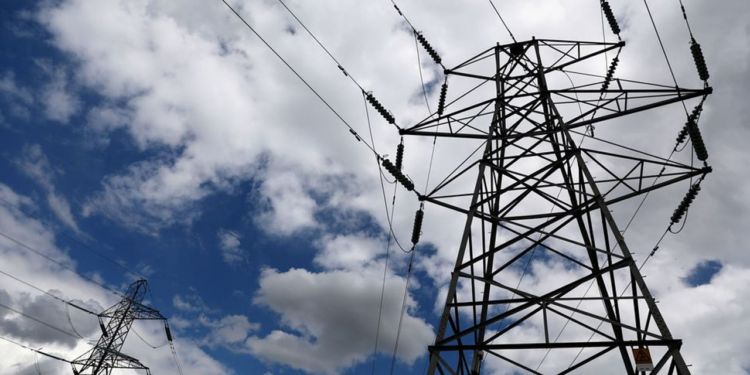Members of the Organised Private Sector (OPS) are lamenting the rising cost of generating electricity to fuel their operations.
To this end, they disclosed that some of their members may be forced to shut down or simply relocate to other West African countries over epileptic electricity and other hurdles in the country.
Hence, OPS players are calling on the federal government to come to the rescue of the sector by creating a better and conducive business atmosphere for businesses to thrive to save them from folding up.
Recall that the World Bank in 2021, announced that Nigeria’s economy was losing between N7 trillion and N10 trillion to epileptic power supply.
Three groups out of the five groups under the umbrella of OPS, Manufacturers Association of Nigeria(MAN), Nigeria Employers Consultative Association(NECA), and Nigeria Association of Chambers of Commerce, Industry, Mines and Agriculture (NACCIMA), expressed the pathetic conditions under which OPS has been operating.
On his part, the director general of NECA, Mr Adewale-Smatt Oyerinde, noted that, unless more friendly steps are taken immediately, most members in OPS may be forced to close shops, adding that, “no gainsaying organised businesses are bleeding and continues to struggle for survival. To this end, we urge the federal government to, as a matter of urgency, suspend the implementation of the recently announced astronomical increase in Excise Duty and the introduction of new taxes and levies across board.”
According to Oyerinde, ‘with over 60 different taxes, levies and taxes, Nigeria is fast becoming a pariah State to Investors.’
On his part, MAN president, Otunba Francis Meshioye, cried out that unless drastic steps are taken, members who are spending over N150 billion on generators would be forced to trim down production at the detriment of job security.
Still citing near-zero supply of electricity, as one of the main frustrating factors militating against real Sector growth, Francis Meshioye lamented the impact of this development on the bottomline of manufacturers.
Similarly, NACCIMA president, Dele Kelvin Oye said: “the inevitable critical reform agenda of the current administration to address macroeconomic imbalances, equally provides a window of opportunity towards a transformative impact on the lives of Nigerians (individuals and corporates; so that the economy can re-establish a solid foundation for sustainable and inclusive economic growth.”



